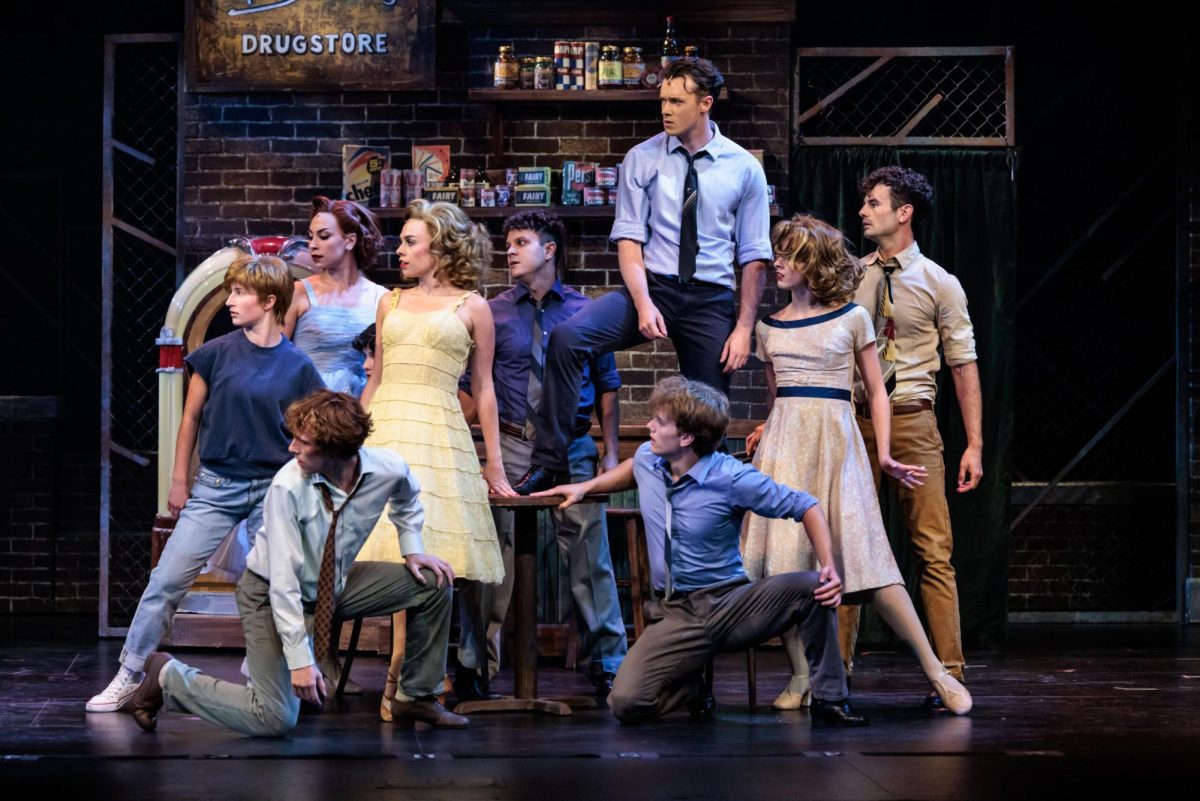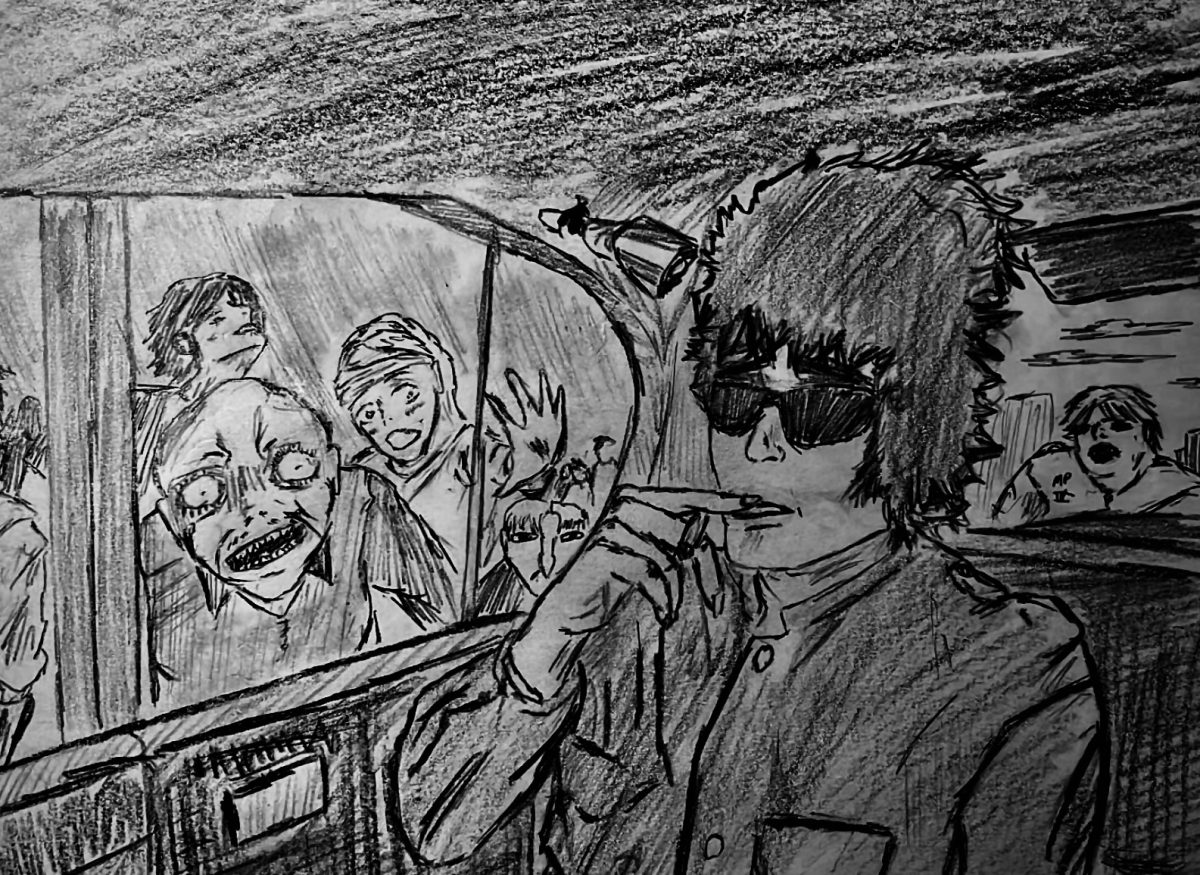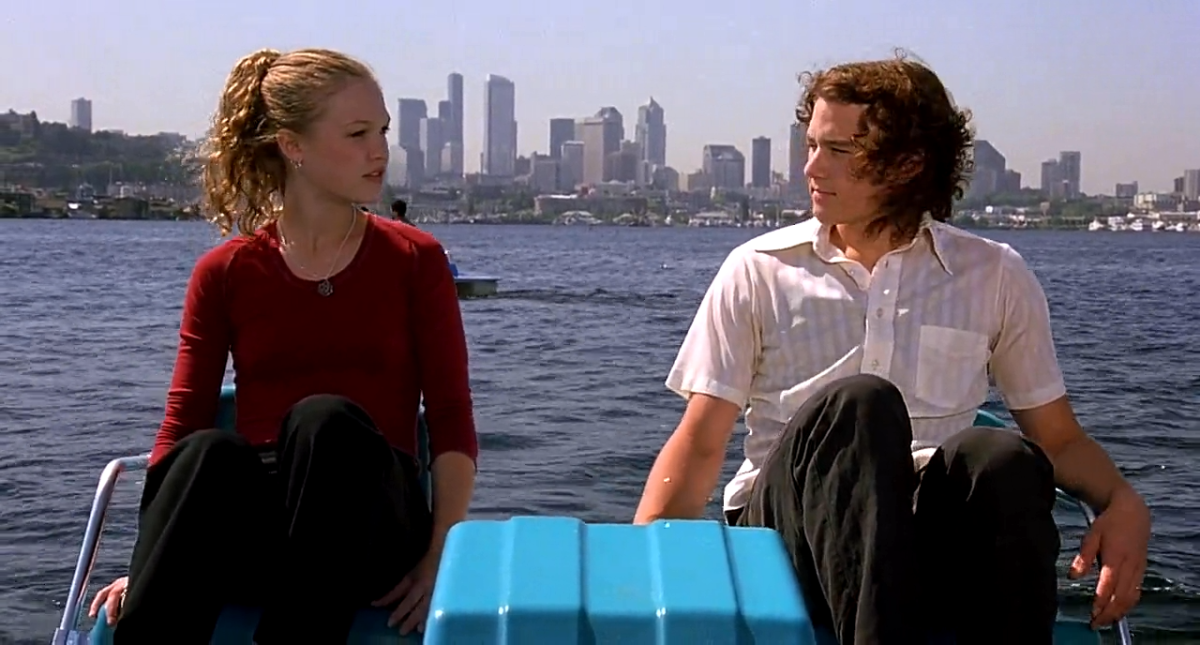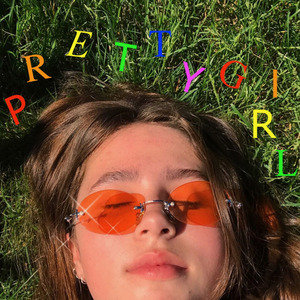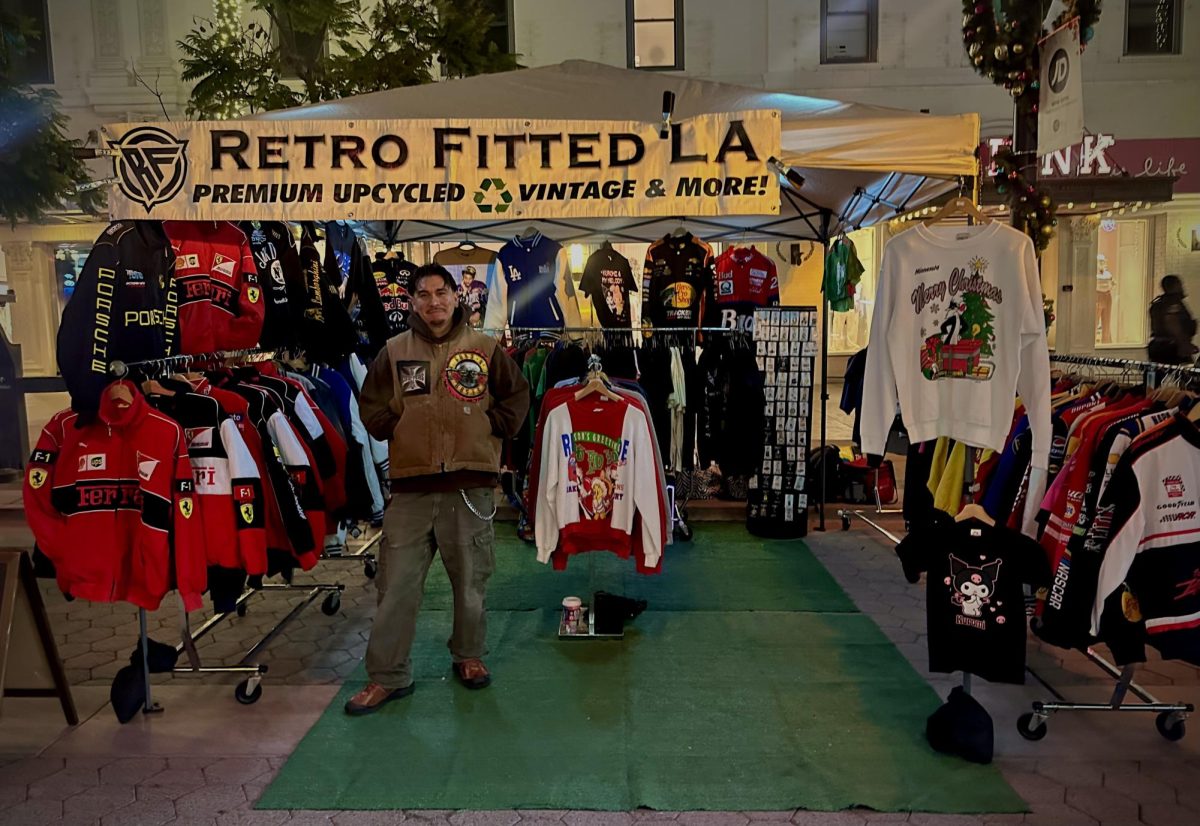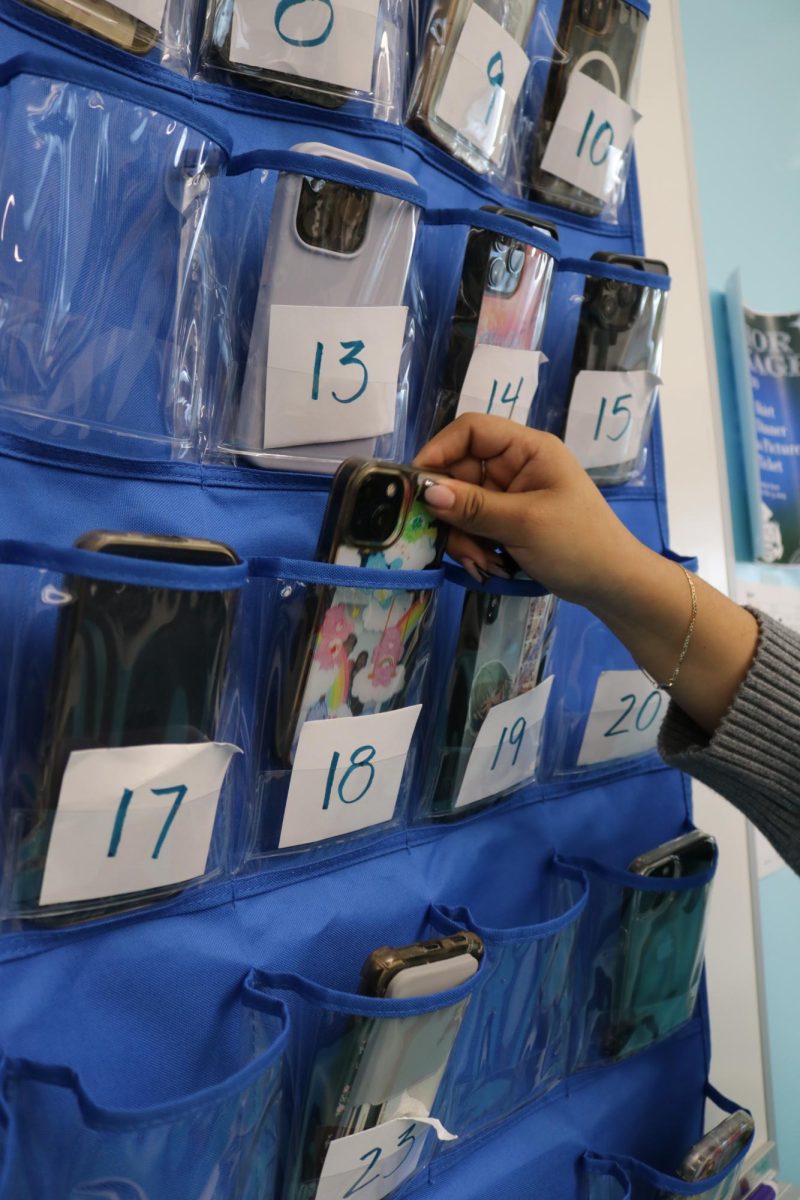In a male-dominated industry, Sofia Coppola, one of the most prominent female directors, breaks barriers and blesses theaters with visually appealing and unique films that frequently represent girlhood. Not only does Coppola accurately depict coming of age, but she also does it in a way that has an underlying tone of vulnerability and compassion.
The memoir Elvis and Me, written by Mrs. Presley herself, is the creative influence for the new A24 film Priscilla. Elvis and Priscilla Presley are in a sense American royalty. Devoted fans have repeatedly worshiped their relationship and lifestyle, but it’s important to be able to visualize this story through the lens of Priscilla and be able to recognize the actuality of what happened behind closed doors.
The film begins in 1958, Priscilla Beaulieu is seen as a young 14 year old girl whose family has just been stationed in Germany. She finds herself invited to the famed Elvis Presley’s home, he immediately takes a liking to her and their relationship ultimately further progresses from there.
There’s a notable scene early on in the film where Elvis asks Priscilla if she’s a senior insinuating he knows she must be underage, Priscilla interferes and says “I’m in 9th” taken aback. Elvis pokes fun that she’s just a baby but proceeds to invite her up to his room.
I went to a screening last month that featured Coppola talking about the film. When she was asked about the filming process, she mentions that she didn’t think she had anything in common with Priscilla Presley until she dove deeper into her history.
“In her memoir she talks a lot about being the new kid at school, jealousy, going into a guys bedroom for the first time, and or her first kiss, all these things that many girls go through and can relate to,” she said.
After watching the film I think that quote just really sums it all up—the focal point is entirely Priscilla. Really being able to absorb all her emotions close up offers an almost eye-opening experience for the audience.
Throughout the film subtle signs of abuse are trickled in. We are able to observe her choices and how her life pans out after becoming involved in Elvis’s. Eventually she moves from Germany to Graceland and everything seems to be going in a positive direction. Although, oftentimes Elvis is shown going from 0 to 100 very fast.
His short tempered manor is something that wasn’t always shown in the public eye because it wasn’t a charming trait to link Elvis to. The throwing of chairs or pulling of Priscillas’ arms and even just the negative comments towards Priscilla’s appearance all come to light in this film.
Known as the wife to a king, Priscilla had everything and more. She was expected to stay home and be content with her clothes, her brand new puppy and red Cadillac. Elvis, along with his father Vernon, had tendencies to restrain Priscilla from doing what she truly wanted to do. Priscilla wants a job? No. Priscilla wants to wear prints? No. Priscilla wants to invite a friend over? No. In an audience’s perspective it can be inferred that Elvis strategically picked a young and naive girl who didn’t know any better and ultimately formed her into being his ideal woman.
A compelling thing about this film is that little to no Elvis music was played or even mentioned throughout the two hour duration of this movie, along with the extreme attention to detail when it came to how every song represented a scene.
“It’s always super important to me to choose music that tells a story,” she said. “I’m not super familiar with the music of this time—I find it almost cheesy, but I grew up loving girl groups such as The Ronettes.”
I think because of this it’s a tell-tale sign of just how concentrative this film is on Priscilla due to the absence of Presley’s music.
This is a must-see film. Coppola depicts Priscilla’s life in an empathetic manner opposed to a hypercritical one. The intention of this biopic was not to dismantle Elvis’s legacy, but rather show the two sides he played within their turbulent marriage.
The realistic aspect of this coming of age film just goes to show how isolated Priscilla truly was. Emotional specificity is prevalent throughout the whole motion picture allowing for the audience to really feel compassion for Priscilla.



